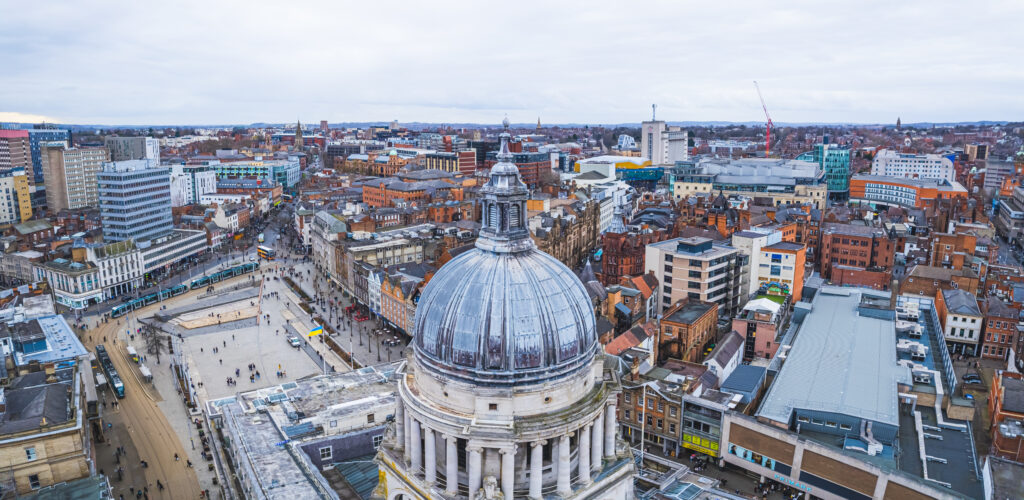2024 PhD Project

About The Project
This project will approach language as a form of “intangible cultural heritage” to be acknowledged, celebrated, and promoted, just like other forms of cultural heritage (such as historical buildings and artworks), with a particular focus on the language heritages of the city of Nottingham. The project will first describe and map the range of stakeholders and stakeholder groups to whose activity’s language is relevant in some way in the city and region. It will then develop, test, and evaluate possible approaches to supporting and celebrating language heritages, including multilingualism, in the activities of three different stakeholder groups:
- Local teachers and schools.
- Local community organisations (e.g., Nottingham and Nottinghamshire Refugee Forum, Refugee Roots, and Himmah)
- Cultural, arts and education organisations (e.g., Nottingham City Libraries, Nottingham City of Literature, Nottingham Galleries and Museums service (Wollaton Hall, Newstead Abbey and Nottingham Castle) and New Art Exchange).
Based on this work, the project will propose a strategy for embedding awareness of language heritages in the regular long-term programming planning of such organisations, to make it part of “business as usual”. It will thus contribute to a step-change in the confidence with which people in Nottingham talk about, celebrate, and document their language heritage(s), including enhancing the confidence of young people in their own language repertoires and their multilingual literacies, thus increasing their confidence and raising aspirations for their educational outcomes. This will allow for language as intangible cultural heritage to be conveyed by collaborating with local communities, while also allowing such organisations to widen their participation by using language as a route into their own specific areas of focus.
Project Aims
Through mapping and case studies, the project will examine how local organisations reach their target audiences and evaluate existing activity about forging partnerships to advocate for the protection of language as heritage and to enrich diverse communities by engaging with their vital cultural assets. This evaluation will take place at three levels:
- Teachers: what are schools doing to celebrate language(s) and how can this be extended?
- Grassroots: how to disseminate ICH in a simple way that brings communities together around the theme of language? How do we understand language(s) within the city and how can we collaborate?
- Cultural organisations: how can language be embedded as a notion and strategy and how can it be used to further engage with and collaborate with local communities, to enable inclusivity, equality, and diversity, in engagement and participation?
Recognising that language is a vehicle for social inclusion and integral to our identity, the project will yield an understanding of how language as ICH is currently understood within cultural sector work. It will explore the potential to grow this work, and ways to integrate it into existing strategic priorities (e.g., Child-Friendly City; Carbon Neutral 2028).
The Project Team
- PhD Candidate: Jack Benjamin, NTU
- Lead Academic Supervisor: Prof. Natalie Braber, NTU
- Academic Co-Supervisor: Prof. Nicola McLelland, UoN
- Community Supervisor: Cathy Mahmood, ChalleNGe Nottingham
